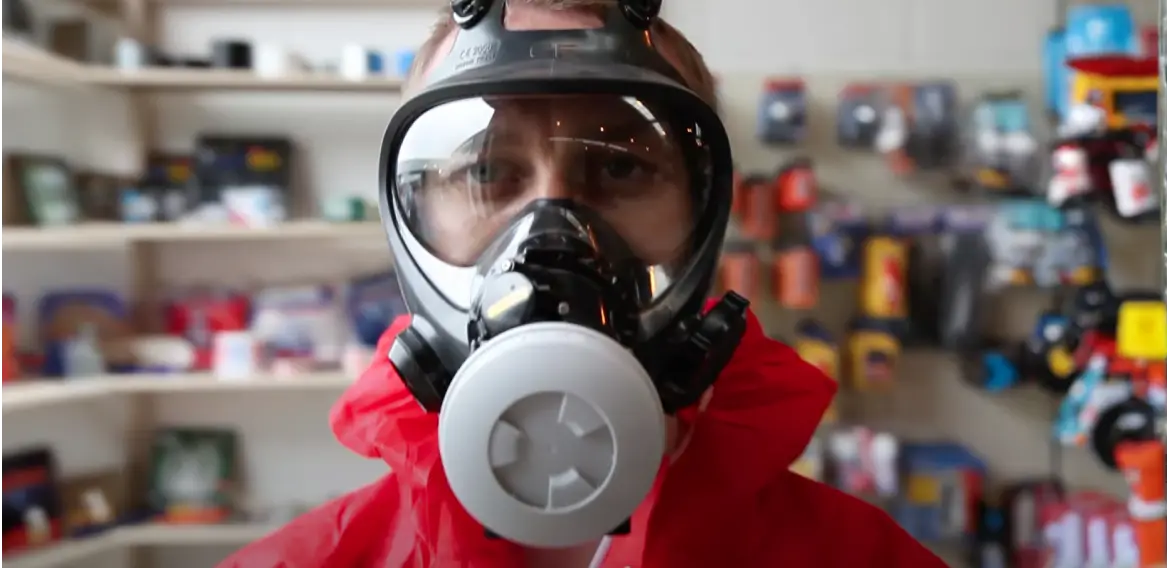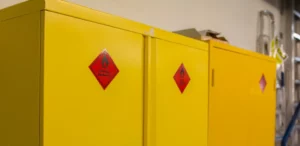Respiratory fit testing plays a critical role in ensuring the safety and protection of workers in various industries. Under New Zealand regulations, the implementation of respiratory fit testing is not only important but also legally mandated. This article delves into the significance of respiratory fit testing within the context of New Zealand’s regulatory framework, highlighting the benefits it offers to both employers and employees.
Ensuring Workplace Safety:
Respiratory fit testing is a fundamental aspect of workplace safety, especially in environments where employees are exposed to hazardous airborne substances. These substances may include dust, fumes, chemicals, and biological agents, all of which can pose serious health risks when inhaled. By conducting fit testing, employers can identify and address any potential gaps in respiratory protection, reducing the chances of respiratory illnesses and injuries. There are some industries which Worksafe has stipulated that there in no known safe level of exposure.
Compliance with New Zealand Regulations:
In New Zealand, respiratory fit testing is governed by the Health and Safety at Work Act 2015, which places a strong emphasis on the prevention of harm in the workplace. The Act states that employers have a duty to provide and maintain a safe working environment, which includes the provision of adequate respiratory protection when required. For class 6 and 8 substances, compliance with this legislation is not optional but mandatory for all workplaces in New Zealand.
Types of Respiratory Protection:
To comply with New Zealand regulations, employers must assess the workplace hazards and provide appropriate respiratory protection to their employees. This may involve the use of disposable masks, reusable respirators, or powered air-purifying respirators (PAPRs). However, it is not sufficient to merely provide these protective devices; they must also fit properly to be effective.
Importance of Fit Testing:
Respiratory fit testing is a crucial step in ensuring that the chosen respirators fit securely and provide adequate protection. It involves evaluating the seal between the respirator and the wearer’s face, as an improper fit can compromise the effectiveness of the device, allowing harmful substances to bypass the filter and enter the respiratory system.
The fit testing process typically involves two main methods: quantitative fit testing (QNFT) and qualitative fit testing (QLFT). QNFT utilizes specialized equipment to measure the amount of leakage into the respirator, while QLFT relies on the wearer’s subjective response to a test agent, such as a sweet or bitter solution. The main difference between quantitative mask fit testing and qualitative mask fit testing is that quantitative testing objectively measures the amount of leakage. In contrast, qualitative testing relies on the user’s taste and smell to detect leakage. Here at Rifft have partnered with one New Zealands premier suppliers of safety gear to offer QNFT testing.
Benefits of Fit Testing:
- Optimal Protection: Fit testing ensures that respirators are properly fitted to individual wearers, reducing the risk of inhalation exposure to hazardous substances. This helps to safeguard employees’ respiratory health and overall well-being.
- Enhanced Compliance: By conducting fit testing in accordance with New Zealand regulations, employers demonstrate their commitment to creating a safe work environment. Compliance with the law helps protect both the workforce and the organization from potential legal repercussions.
- Increased Awareness: Fit testing raises employees’ awareness of respiratory hazards and the importance of using the provided protection correctly. It fosters a culture of safety, empowering workers to take an active role in safeguarding their health while on the job.
- Cost Savings: Implementing proper fit testing can help employers identify the most suitable respiratory protection for their employees. By ensuring the right fit, unnecessary expenses related to purchasing ill-fitting equipment or treating respiratory illnesses can be avoided.
You can read more about fit testing and to book an appointment:
https://rifftsolutions.co.nz/respiratory-fit-testing/

